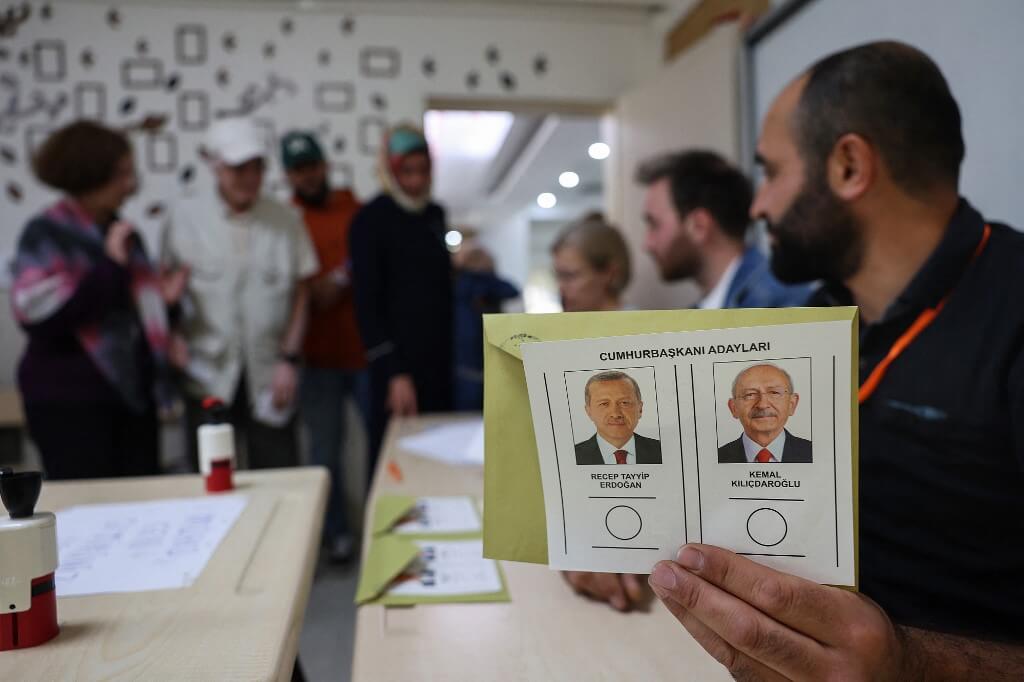A recent study by an İstanbul-based think tank has shown that nearly 58 percent of Kurdish voters are not satisfied with the results of the May 2023 presidential and parliamentary elections, the pro-Kurdish Mezopotamya news agency reported on Monday.
The elections resulted in the victory of President Recep Tayyip Erdoğan with 52.18 percent of the vote, while his ruling Justice and Development Party (AKP) won the majority of seats in parliament.
Spectrum House conducted a survey to investigate the changes in Kurdish voting tendencies between the May elections and the local elections scheduled for March 2024 by interviewing 1,351 subjects in Turkey’s 15 eastern and southeastern provinces.
When asked whether they were satisfied with the results of the May elections, 22.6 percent of respondents said they were satisfied, while 57.8 percent said the results didn’t meet their expectations.
The results of the survey showed that participants’ dissatisfaction with the election results increased in direct proportion to their level of education.
The poll also revealed that young voters significantly differed from other age groups in that they expressed dissatisfaction with the results of the May elections, with this trend lower among middle and older age groups.
Among the participants, 51 percent voted for the pro-Kurdish Green Left Party (YSP) in the general election on May 14, while 21.8 percent voted for the ruling AKP and 14.1 percent for the main opposition Republican People’s Party (CHP).
While 72.3 percent of Kurdish voters who voted for the AKP expressed satisfaction with the election results, 76.3 percent of YSP voters and 77.4 percent of CHP voters said they were not satisfied with the results and that their expectations were not met.
The most significant factor in determining the political preferences of Kurdish voters was found to be “party loyalty,” at 30.9 percent. It was also noted that young voters were more influenced by “party programs and policies,” while in the middle and older age groups, the key factors were “party loyalty” and “party leader.”
When it comes to the May elections, the most prominent factor for Kurdish voters choosing the AKP was “party leader,” while it was “party loyalty” for YSP supporters and “party programs and policies” for CHP voters.
According to the survey, 68.5 percent of participants preferred CHP leader Kemal Kılıçdaroğlu, Erdoğan’s main rival, in the 2023 presidential election, while 23.2 percent chose Erdoğan. The most significant factor determining the voting behavior of participants in this election was found to be “strategic voting,” with 49.7 percent, which means one’s voting to ensure the defeat of a certain candidate, in this case Erdoğan.
The results further revealed that when comparing the likely votes that parties may receive from Kurds in the upcoming local elections with the results of the last general elections, it is expected that the AKP will lose 5 percentage points, the CHP’s vote share will almost halve and the YSP will maintain its vote share.
The YSP did not nominate a presidential candidate but supported Kılıçdaroğlu against Erdoğan in the presidential election.
Kurds also supported the CHP candidate in İstanbul in the local elections in 2019, which helped end the yearslong AKP rule in the city

